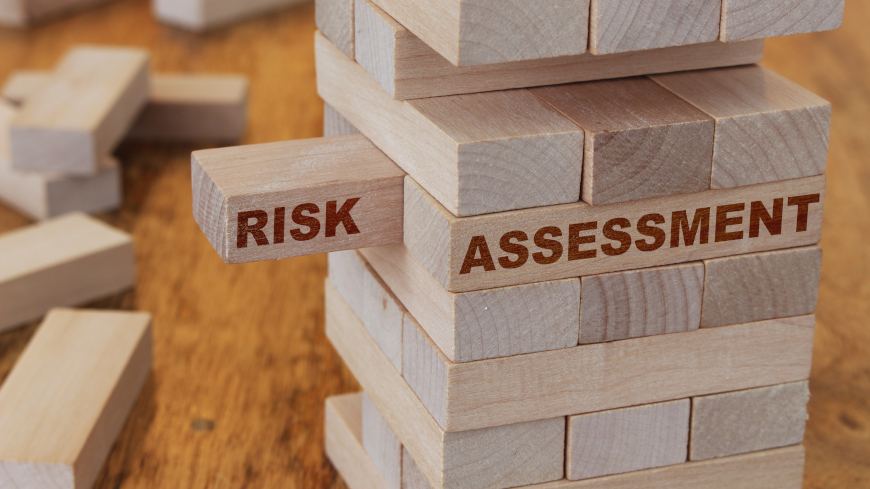The joint European Union-Council of Europe project continues to accompany the Azerbaijani government in the process of performing their second national risk assessment (NRA) in the area of anti-money laundering and countering the financing of terrorism (AML/CFT). Previous support provided included a three-day workshop sharing the Council of Europe expertise and international experience to reflect on key challenges in the implementation of NRAs.
Following up with consistent assistance in the process of drafting the NRA report, further guidance was provided through a targeted workshop on the assessment of money laundering and terrorism financing (ML/TF) risks related to legal persons and legal arrangements. 27 representatives of Azerbaijani state authorities involved in the NRA process and of the non-profit sector learned about the scope and objectives of the assessment process and relevant international standards, roles and responsibilities of different stakeholders for identifying, assessing and understanding ML/TF risks related to legal persons and legal arrangements, types of legal entities prone to such risks, the relevance of quantitative and qualitative data collection and data sources, as well as issues related to gaps and weaknesses in jurisdictions’ beneficial ownership frameworks. This allowed participants to gain an increased understanding of ML/TF risk assessment regarding legal persons and legal entities, inspired by best practices from other jurisdictions. The NRA Working Groups are now better equipped to develop coherent actions for mitigating the identified vulnerabilities, regularly monitoring such risks, and ensuring an efficient national mechanism focused on meeting joint objectives.
As an immediate follow-up of the support provided to this extensive undertaking on general and sector-specific aspects, the competent Azerbaijani authorities have been and will continue exploiting the advice and good practices shared by the Council of Europe within the development of the second NRA Report. The assistance provided helps ensure that the NRA is based on a strong understanding of threats and vulnerabilities in the concerned areas, and thus provides a solid evidence base to enhance the national AML/CFT system. The project aims to further support the government with a review of the national AML/CFT Action Plan which will reflect the key findings of the NRA report.
This workshop was organised within the framework of the project “Strengthening anti-money laundering and asset recovery in Azerbaijan,” funded by the European Union and the Council of Europe and implemented by the Council of Europe in their Partnership for Good Governance II.





